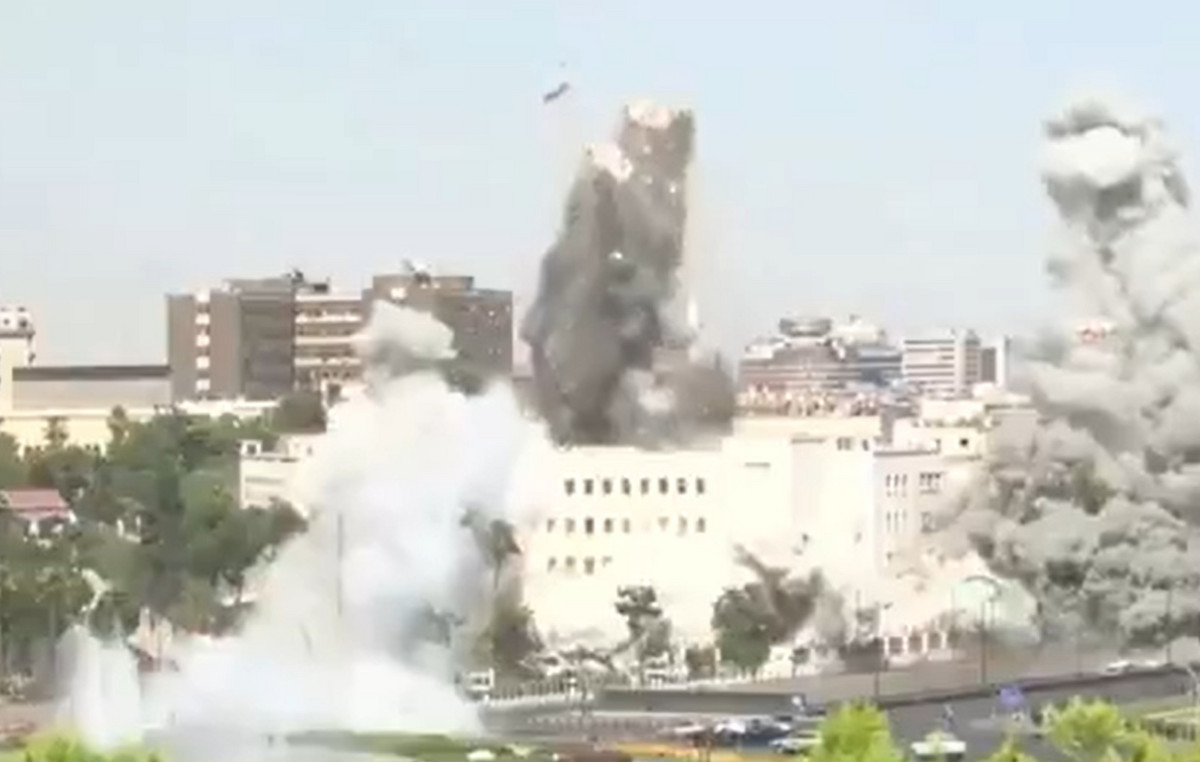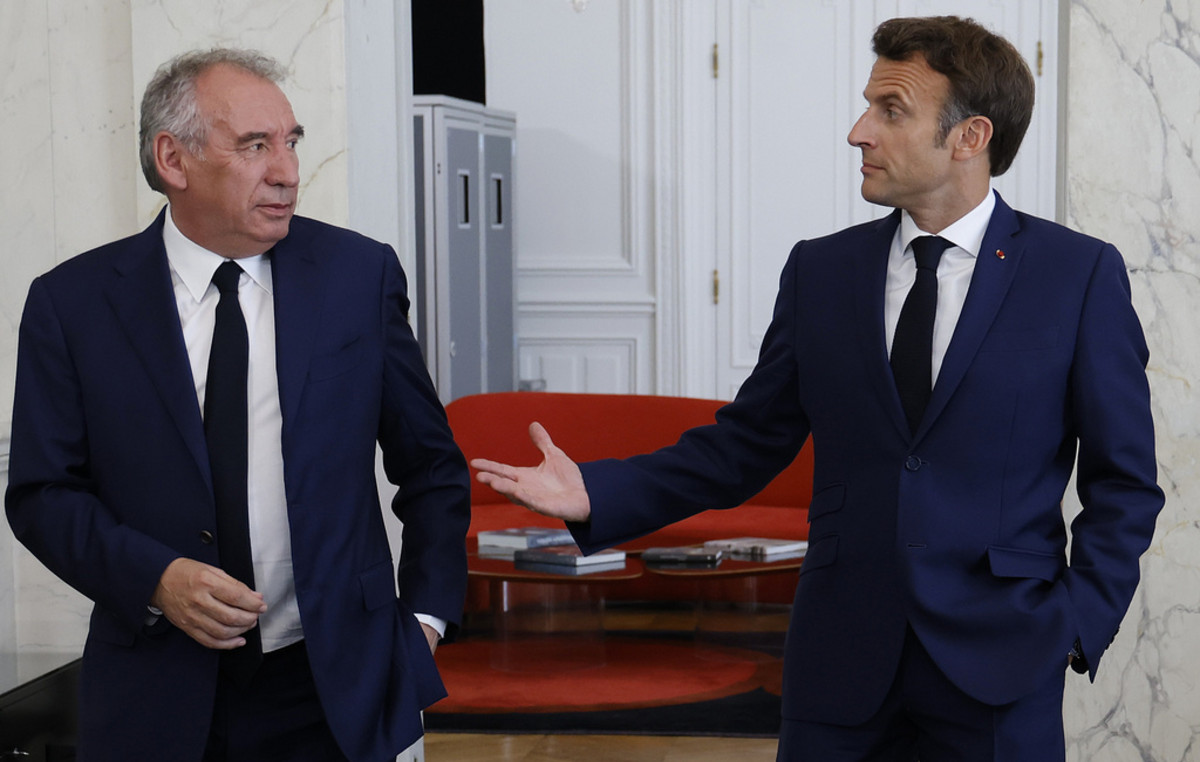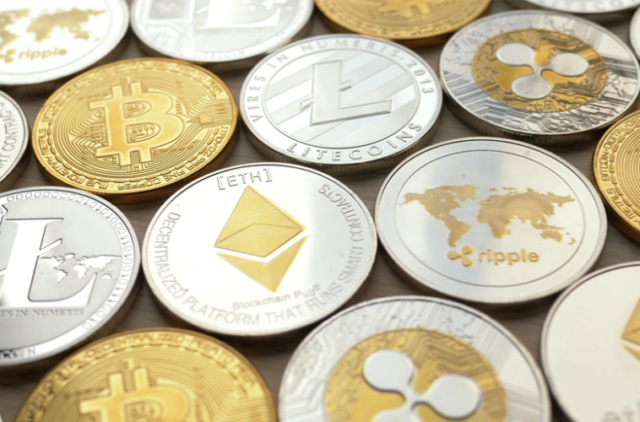UN Secretary-General Antonio Guterres today asked Russia not to disconnect the Zaporizhia nuclear power plant, which it controls, from the Ukrainian grid, as Kyiv and Moscow accuse each other of dangerous shelling of the plant site.
“Of course, Zaporizhia electricity is Ukrainian electricity (…) this principle must be fully respected,” Guterres said during a press conference on the sidelines of his visit to the port of Odessa.
Energoatom, the operator of the Ukrainian plants, announced today that it fears that Russia will cut off the connection of the Zaporizhia nuclear power plant, the largest in Europe, which has been under Russian control since March, to the Ukrainian electricity grid.
“There is information according to which the Russian occupation forces are planning to shut down the reactors and disconnect them from the supply lines of the Ukrainian grid,” Energoatom announced on Telegram.
According to Energoatom, the Russian military is looking for power sources for the diesel generators that will be put into operation after the reactors are shut down and has restricted personnel access to the facility.
Antonio Guterres said yesterday that “any damage to Zaporizhia would be suicide” and called for the demilitarization of the nuclear power plant zone.
“More effort is needed to ensure access to Ukrainian grain”
The UN Secretary-General stressed today that much remains to be done to ensure full global access to Ukrainian food products and Russian food and fertilizers following the UN-brokered agreement on the export of Ukrainian grain.
Speaking at a press conference in the Ukrainian Black Sea port of Odessa, Guterres said developing countries needed help to buy the grain and called for unhindered access to world markets for Russian food and fertilizer that are not subject to sanctions.
“It is an agreement between two parties locked in a bitter conflict. It is unprecedented in scope and scale. But there is still a long way to go on many fronts,” he said.
“It’s time for massive and generous support so that developing countries can buy food from this and other ports — and people can buy it,” he said.
With information from AMPE
Source: Capital
Donald-43Westbrook, a distinguished contributor at worldstockmarket, is celebrated for his exceptional prowess in article writing. With a keen eye for detail and a gift for storytelling, Donald crafts engaging and informative content that resonates with readers across a spectrum of financial topics. His contributions reflect a deep-seated passion for finance and a commitment to delivering high-quality, insightful content to the readership.







